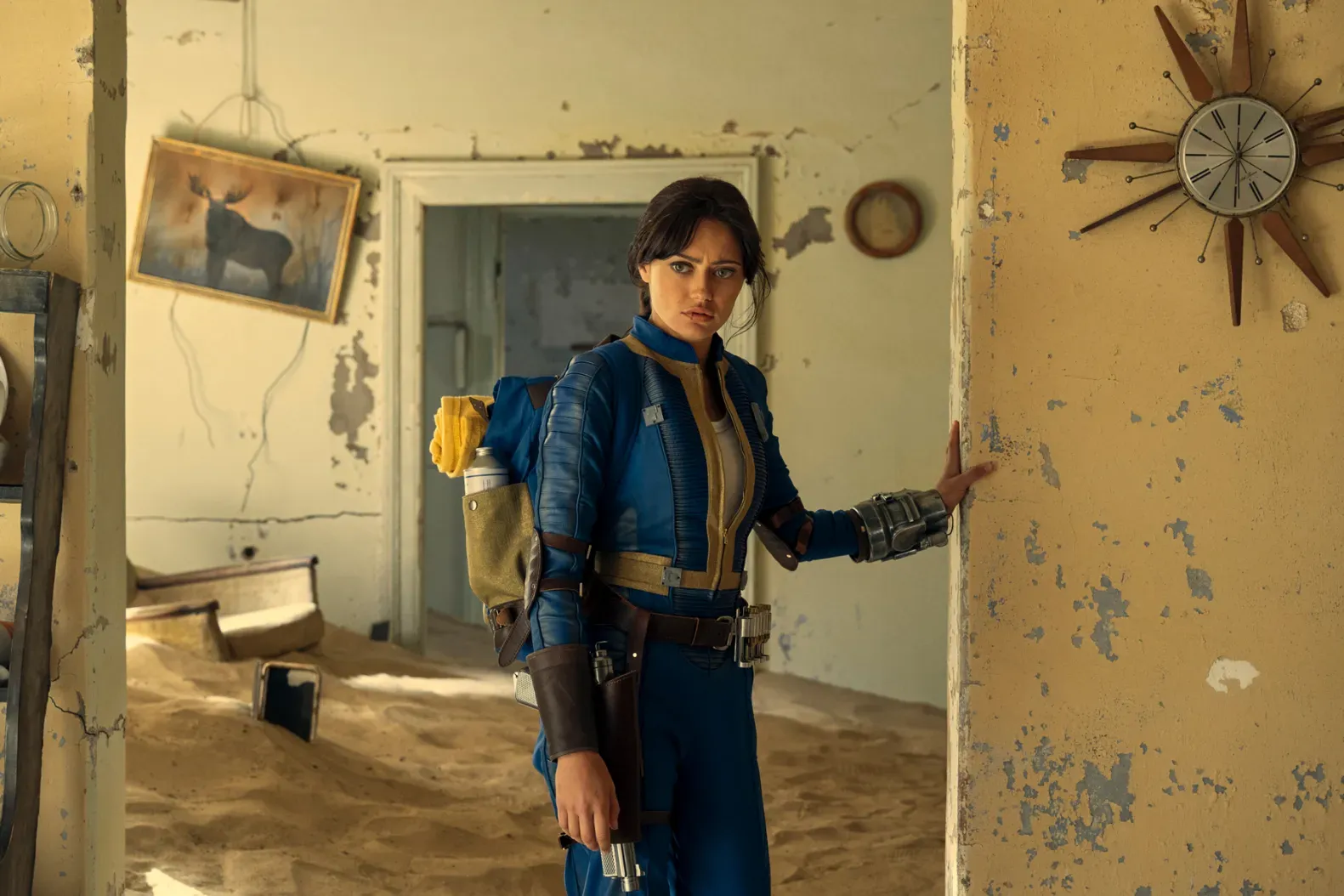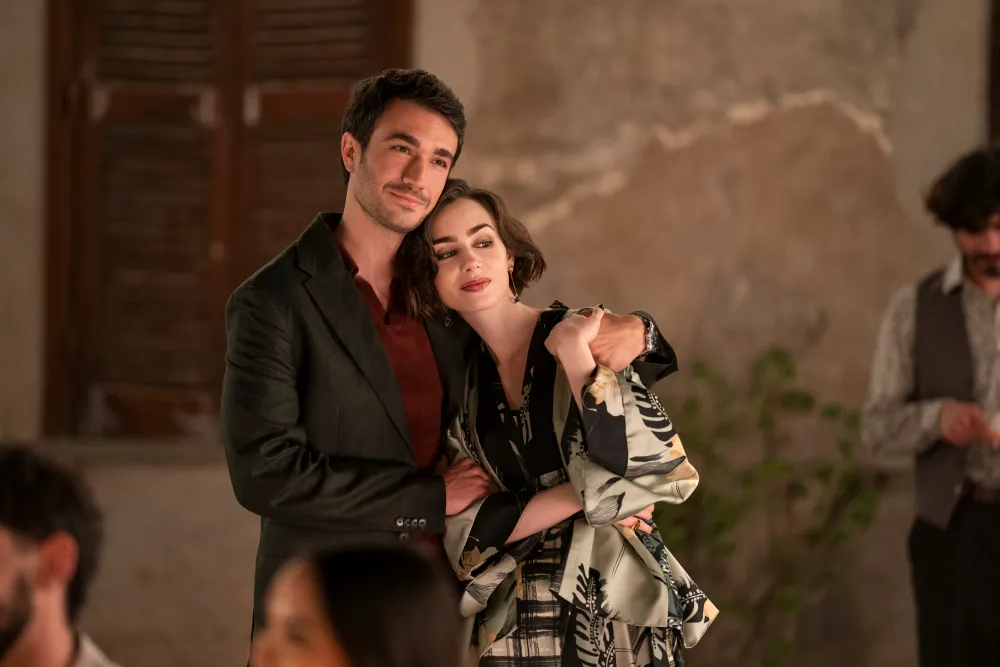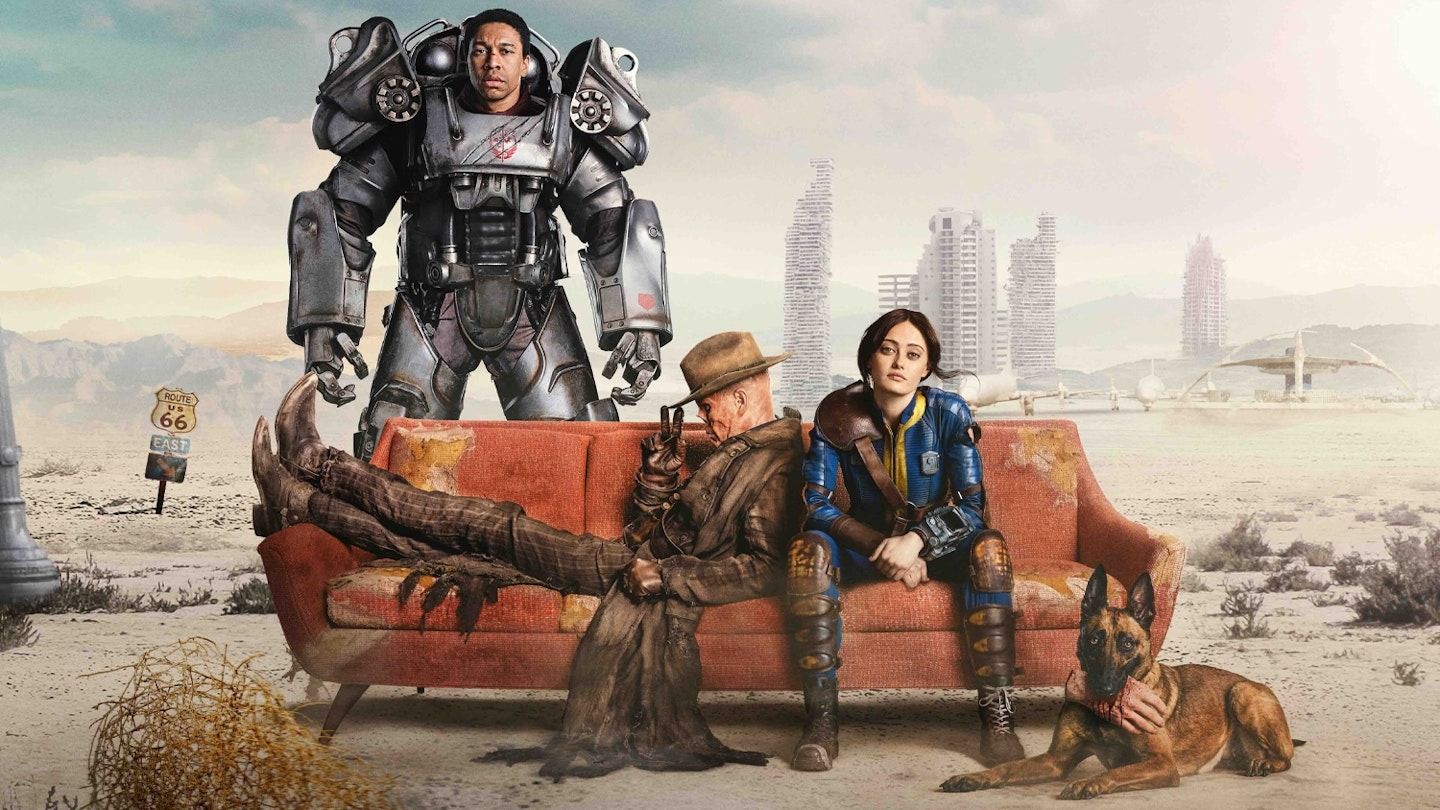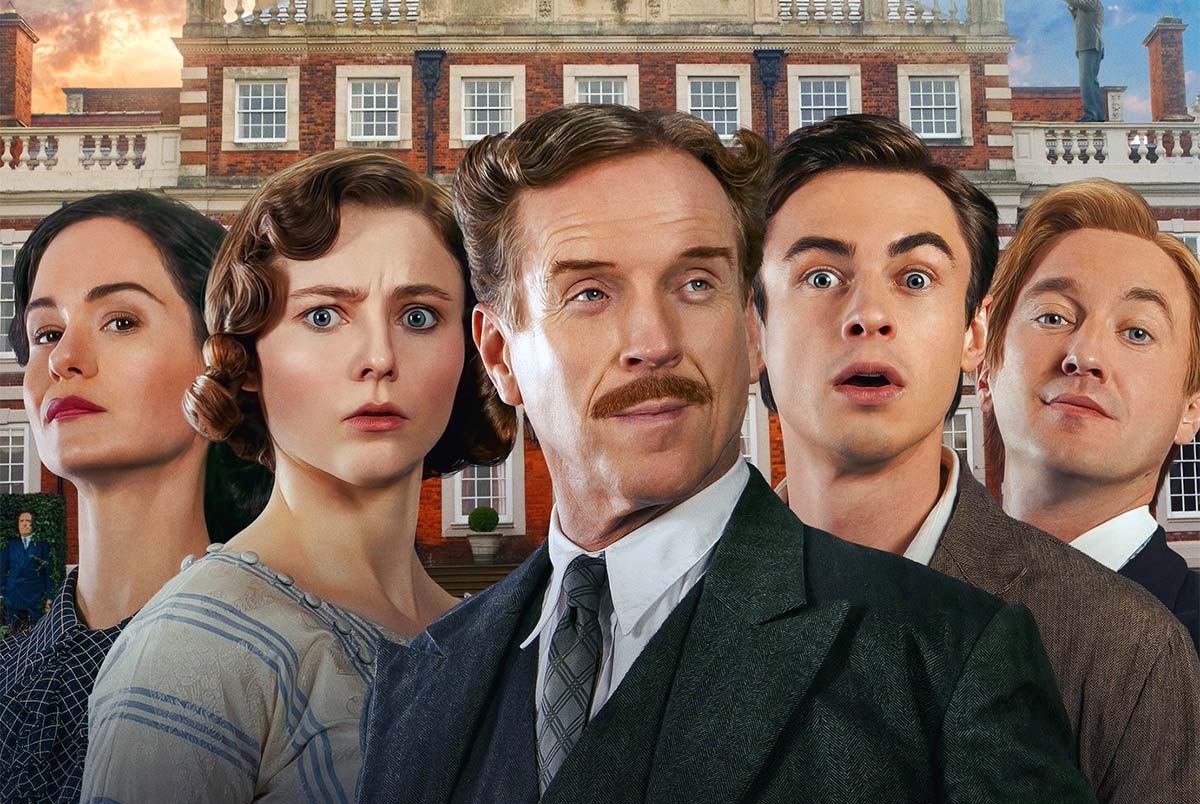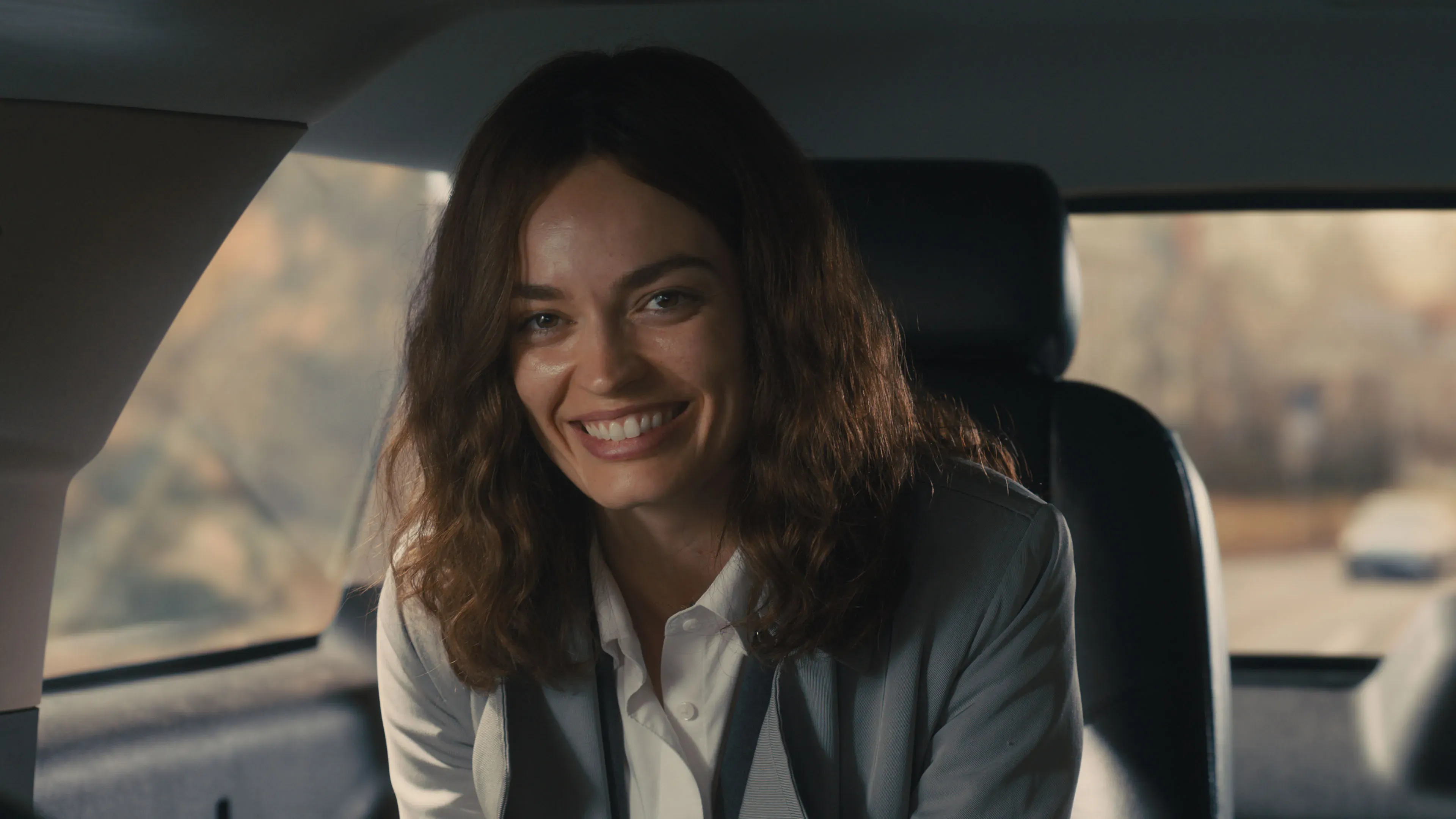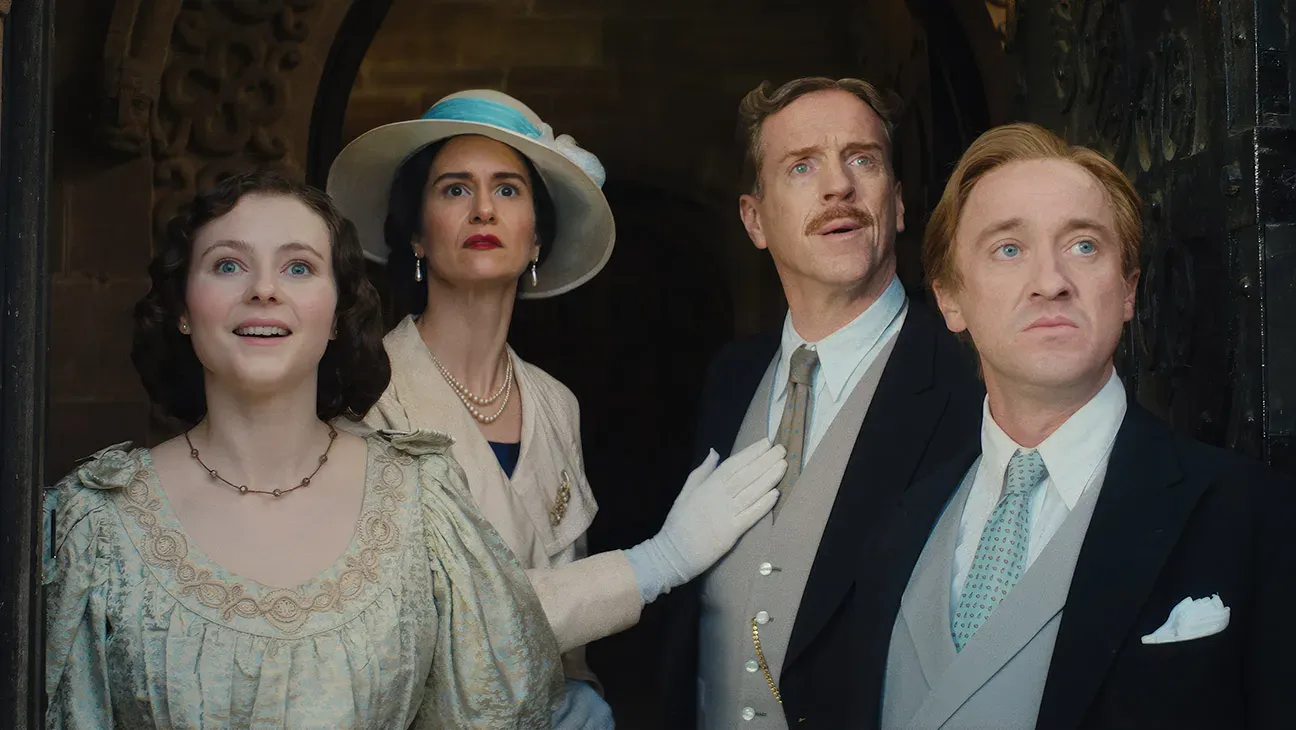
Locked In (2023) - Movie Review
- Nov 7, 2023
In the realm of cinematic atmospheres, when one imagines the combination of a torrential downpour, an isolated mansion set deep within the English countryside, scandalous affairs, and an assertive Famke Janssen with a British accent brandishing a shotgun atop a horse, it's easy to conjure up an image of a classic suspense thriller. This is precisely the ambiance one might anticipate from Netflix’s Locked In, an enticing concoction that, on the surface, seems tailor-made for a cozy evening with a generous pour of wine.
From its outset, the movie shows glimpses of being a riveting roller-coaster, especially when it smartly mixes its various tantalizing elements. But as the plot unfolds, its initial allure dwindles. What starts off as a delightful foray into suspense gradually transforms into a narrative that feels like it’s stretching its limits, with the earlier quirkiness turning into something verging on the implausible.
The screenplay is the brainchild of Rowan Joffe, who, in the past, skillfully adapted SJ Watson’s intriguing thriller, Before I Go to Sleep. Upon viewing Locked In, one can't help but draw parallels to those airport novels – the kind that promise thrilling adventures but occasionally fall short in execution. The movie is replete with intriguing components: intricate flashbacks, a possibly deceptive storyteller, ever-changing viewpoints, and a mysteriously hidden diary. These narrative devices are reminiscent of the storytelling mastery found in Gillian Flynn's Gone Girl. However, in this particular story, these twists and turns culminate in a somewhat underwhelming denouement, leaving the audience yearning for a more intricate, unexpected resolution.
Famke Janssen dives into the role of Katherine, an erstwhile actress now trapped within herself due to the locked-in syndrome, a result of a tragic accident. This provides an enigmatic case for her devoted nurse, portrayed with depth by Anna Friel, to decipher. Rose Williams, in her role as Katherine's adopted daughter Lina, evokes shades of Alicia Vikander, offering a nuanced performance that hints at secrets lurking beneath the surface. As the plot thickens, the audience is left pondering: in this web of deceit and half-truths, who truly is the prey, and who is the predator?
Making her directorial debut, Nour Wazzi takes the audience on a journey, highlighting the over-the-top, almost gothic essence of Joffe’s story. She masterfully sets Katherine’s opulent mansion against a backdrop of relentless rain and looming shadows, thereby augmenting the movie's fantastical aura. The backstory, which involves the untimely demise of Lina’s mother, leading to her adoption by Katherine, her affluent ally, and subsequent tussles related to legacy and inheritance, is intriguing, if not melodramatic. Yet, as the plot progresses, the mystery-solving aspect loses its sheen, culminating in an outcome that's predictable.
While the film demands a daring twist to make its mark, it seems that Joffe's writing leaves Janssen's character wanting. The tantalizing prospect of seeing her as a formidable, shotgun-toting former TV sensation doesn’t reach its full theatrical potential. Anna Friel, with her unwavering commitment to her role, unfortunately finds herself limited by the screenplay's constraints, which prompts viewers to wonder about her choice to embark on this cinematic endeavor.
In retrospect, the reasons behind Friel's association with the movie appear to be a more puzzling mystery than the central plot itself. Despite its relatively brief duration, Locked In, rather than gripping its audience, feels elongated and lacks the refinement it promises. While it attempts to replicate the sensation of a page-turner that one can’t put away, the end feeling leans more towards a cinematic voyage that perhaps should have been curtailed sooner.


